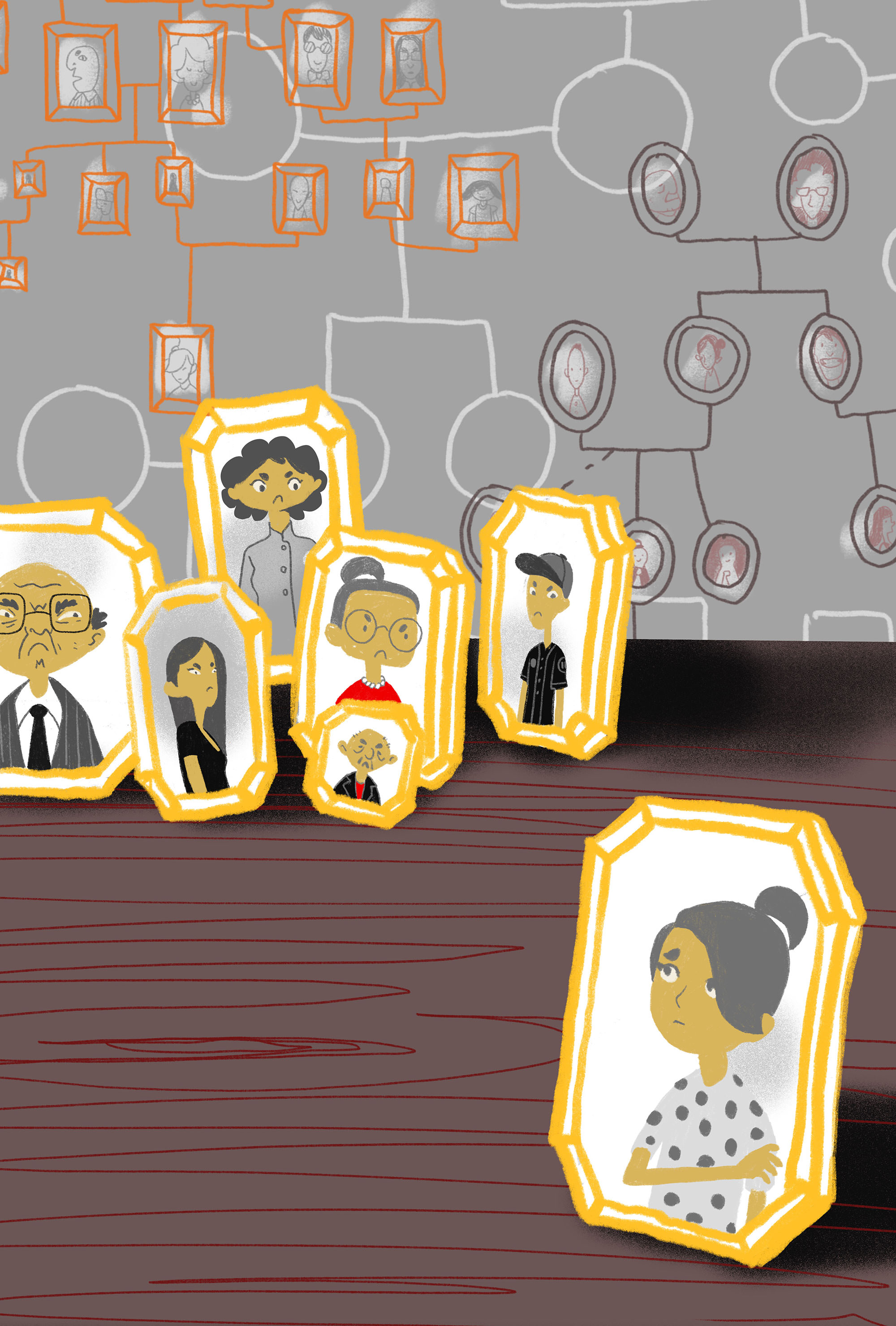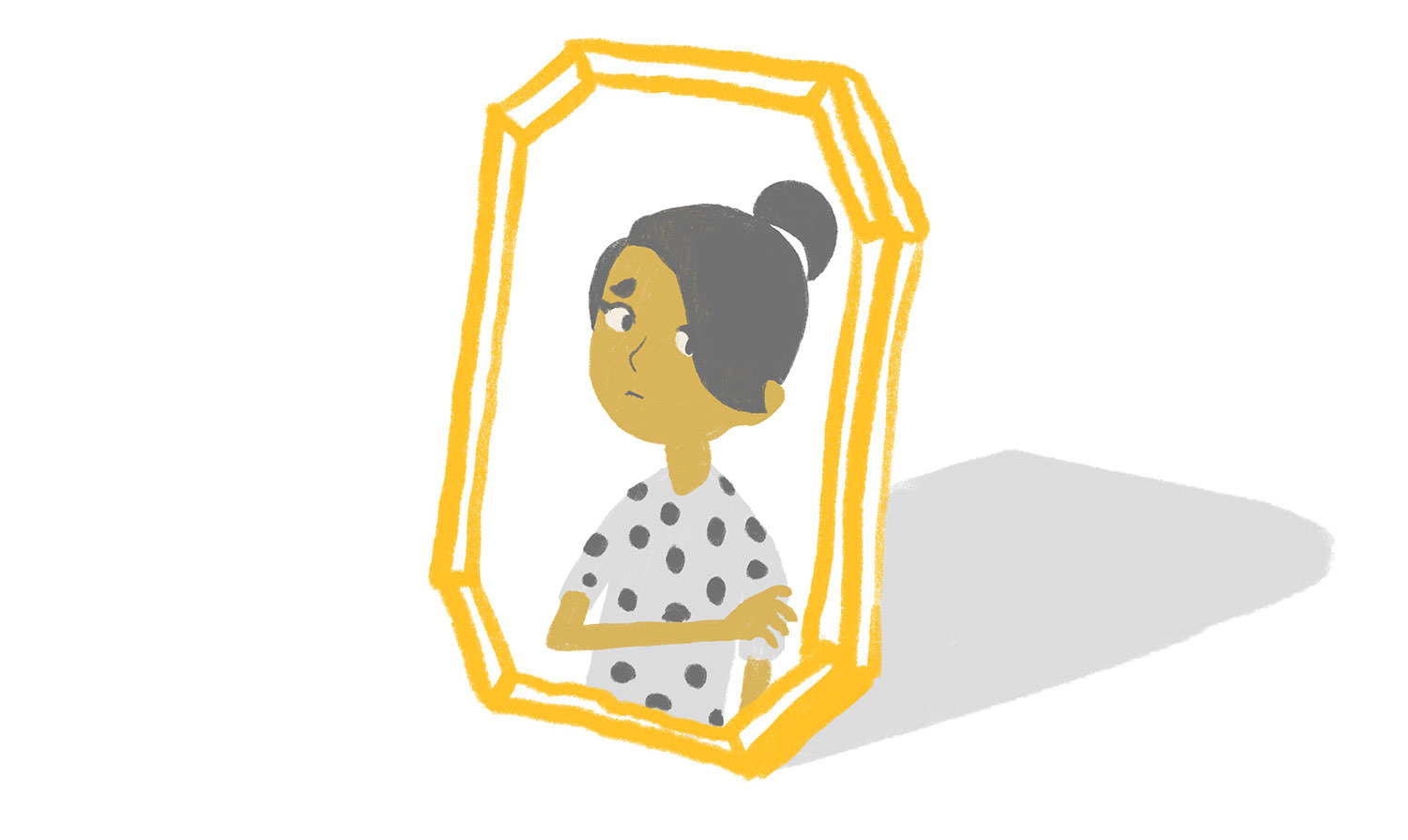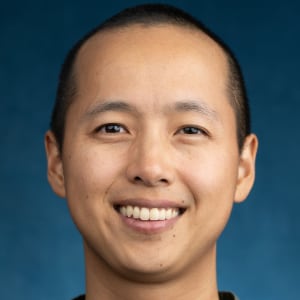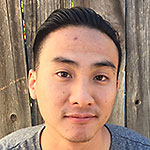
My immigrant story begins a little differently from most Asian Americans: My parents migrated to America from Malaysia in order to start a church. They belonged to a church-planting network that began in Thailand; its leaders felt that America was too depraved and in need of a spiritual revival. And so they sent over the Ngus.
We moved around several times as a result of my dad’s search to find the right city to start a church. Our frequent displacement meant that our immediate family was the only constant during our childhood and teenage years. As a result, my family is fiercely collective and heedless of boundaries — our WhatsApp messages in the “Family” thread number around 50 a day, as we even send one-on-one texts between two family members to the whole group. “Family” takes a backseat only to “Jesus”. But as obsessed as my Chinese Malaysian parents are over Jesus, I don’t think they would take too kindly to his words about family.
In Matthew 10, Jesus tells the crowds that he has come to bring a “sword” to “set a man against his father, and a daughter against her mother.” In Luke 14, he basically tells the crowd that if they do not “hate” their own family, they cannot be his disciples. Ouch (and a little cultish?).
It is not too surprising, however, that the writers of the Gospels had such harsh words about how to relate to one’s biological family. The development of Christianity as a separate sect and later on as a religion likely drove a “sword” through Jewish families. The writers may have written the Gospels mindful of the needs of the new band of Jesus followers to grapple with what “family” means.
After being told that his mother and brothers were standing outside to “seize him” because they thought he was “out of his mind”, Jesus replied to the crowd sitting around him, “Who are my mother and brothers? Here are my mother and brothers! For whoever does the will of God, he is my brother and sister and mother.”

Real family, then, is not connected by blood, but by choice: Whoever does the will of God is one’s kin. Kinship is what it means to be bound together through a shared commitment. So way before LGBTQ people were popularizing the catchphrase “chosen family”, Jesus was already on it.
LGBTQ people pioneered the term “chosen family” to honor the deep relationships that queer people surround themselves with in order to access the support, guidance, and resources that their biological families cannot or will not provide. Nothing can be taken for granted in starting a queer family: Who will stand in place of our parents in the wedding? Who do we spend time with during the holidays? Whose advice do we seek if we decide to have children? Decisions, decisions.
Coming out as queer is, thus, not simply about a single individual’s journey — it is a collective journey that, for many, entails a re-scripting of the cast of characters who will be by your side through thick and thin. This is not just a queer journey; this is a Christian journey. The expansion of the “people of God” in the Hebrew Bible was primarily enacted through biological reproduction and ties — thus, God’s promises to Abraham, the patriarch of Israel, that He will “multiply” his descendants. Jesus and His followers inaugurate a new model of kinship: One is adopted into the family of God not through birth or blood, but through decision and action.
The theme of “choice” has been a complex, recurring motif since the day my parents found out through a Skype conversation that I accidentally left open that I was loosely involved with another woman. They acted swiftly: “Stay away from her,” I was ordered. “Let’s nip this in the bud.” Raised with a “Bible says so” model of interpretation, I had no room in my theological system but to try to comply.
The word “gay” or “homosexual” was rarely uttered; my parents felt more comfortable with the language of “duty” than “identity” or “desire”. Who cares who you are or what you want; let’s talk about what you should do. That’s why we ate our vegetables, studied for tests, and played the piano — duty, not desire. Thus, my inadvertent “coming out” was essentially treated as a case of the flu, one that could be “nipped in the bud” with the right regimen of proper sleep and lemon-honey tea. To them, my sexuality did not dictate an ironclad fate; I could still choose whether or not to act.

Of course, one does not “choose” to act upon one’s sexuality the way one chooses to buy apples or oranges, or, as it has been put to me before, as one chooses to commit adultery — such false equivalencies are absurd and harmful. But I also don’t disagree entirely. I attribute my real coming-out to when I wrote an email to my parents to announce that, after a decade of research and theological study, I had concluded, “It is more likely than not that God blesses same-sex relationships.” My parents took the email as a reflection that I had succumbed to my earthly desires and that I was choosing my sexual identity over my Christian one. They were wrong on that count, but I agree that a choice was made.
My desires are certainly not chosen, but given the fervently religious context I was immersed in, my queer life didn’t so much begin from the moment I felt the pull of desire, but from the moment I decided that I could act on those desires in good faith and conscience.
That email was perhaps the hardest email I’ve ever had to write. “It feels like I’m cutting off my arm,” I explained to my therapist, Lisa. “I know I am hurting my parents with this email — I can feel the wounds in their bodies as if it is my own body.”
I don’t think it’s a coincidence that when Jesus talks about giving up one’s family, he also tends to talk about giving up one’s life. In Matthew 10, right after declaring, “Whoever loves their father or mother more than me is not worthy of me,” he says, “Those who find their life will lose it, and those who lose their life for my sake will find it.” In Luke 14, again, Jesus says to the large crowds, “Whoever comes to me and does not hate father and mother, wife and children, brothers and sisters, yes, even life itself, cannot be my disciple” (italics added).
White queer narratives tend to involve discarding one’s family in favor of one’s self-liberation and newly chosen family. But such a narrative is not an easy option for those of us for whom our families are all we really have. Displacement runs through my lineage; my great-grandparents migrated from China to Malaysia, my parents from Malaysia to America, and then from California to New York. Throughout our moves, we have lost prized possessions, said goodbye to homes, buried our accents; we have kept, only, our family. To lose our family feels like losing, as Jesus said, life itself.
Separating myself from my family feels like a slow death. For me, it is my former self that is dying — the eldest child, the daughter who brings pride to her parents — who was formed out of real attachments to those who took care of me. For my parents, what needs to die is their image of who they think I was and who I should be; until then, they will only love an image, not reality. But I am hopeful. As Paul writes, until you “put away your former way of life, your old self,” we cannot be renewed and clothed with “the new self, created according to the likeness of God.” Only through these painful deaths can a real relationship — based on truth, not deception or projection — be built.
Re-configuring the basis of our relationships has not been easy. Last year, I told my mom that I was going to be marching in Pride with my church, and she immediately had an unpleasant facial reaction, as if she encountered stinky bananas. I felt hurt, but I did not tell her there and then. Weeks later, I told her the truth of what I felt, and she responded, “Am I now supposed to filter what I say to you?”
Family has been, especially for our parents, a space where we can let loose. In the outside world, one has to be polite and considerate. Inside the home, there is no filter — you feel the kind of ease and freedom that comes when you know that those around you will always be there. Family is default; there is no “choice”, no opting-out of the “Ngus”.
And that is why one of the hardest lessons that my parents have had to learn is that they cannot take my relationship with them for granted. My parents are learning, through much trial and error, to consider the impact their words may have on me before uttering them — to realize that I am not only part of “us”, but I am also a “self” that is separate from them. And once I made it clear that if they kept up their refusal to meet my partner, they would eventually erase me from their lives, they finally decided to meet her for coffee (and it went well!).
Although my parents’ (interpretation of) faith has been the official wedge between us, it has also helped to bridge the gap. A few months ago, my mom told me that she listened to a message by pastor Tim Keller about how the Gospel challenges traditional identities in which one’s value and worth are defined by one’s family.
“I feel like I am letting go of traditional identity where you live through the accomplishments of your kids,” she said. She rolled her eyes at me, “I mean, thank God my identity is in God and not my kids, if not, I would be crushed.”
“That’s good, Mom!” I replied, unsure of what else to say. “I think that’s why it’s easier to talk to you these days — our arguments are less life-or-death. You are able to detach yourself from us.”
Later that night my mom texted me, “I quite enjoyed the discussion tonight even with our differences.”
It was still a painful conversation, but we were able to argue without unraveling. We were able to interact as separate beings, not as “we”. The sword had severed the cord, freeing us to re-attach to one another — this time on chosen terms.
Biological and chosen kinship are not mutually exclusive. We see this at the end of the gospel of John, as Jesus looked down from his cross and saw his mother standing there. One of his disciples was standing next to her, so Jesus told his mother, “Woman, here is your son,” and to his disciple, “Here is your mother.” The writer concluded, “And from that hour, the disciple took her into his own home.”
His mother, who once tried to pull him out from his ministry because she thought he was “out of his mind” was there. She chose to be present, when many had fled. And Jesus, a responsible son, tried to ensure someone would take care of her even at the very end of his life.
Thus, when I’m asked, “Where does the Asian American Christian community — families, churches, etc. — stand regarding LGBTQ issues?” I propose that there is a better question, one that centers the needs of queer people: “How do LGBTQ, Asian American Christians relate to their families and churches? How are we re-defining ‘family’ for our communities?”
I believe this is the question that Jesus would ask.

Kai Ngu (they) is a writer and Ph.D. student at University of Michigan. Born in Malaysian Borneo, they call New York City home. Kailinngu.com.

John Enger Cheng serves as creative director of Inheritance. He is a Los Angeles-based artist, designer and illustrator. He graduated from the University of Southern California Roski School of Fine Arts and is co-founder of Winnow+Glean. You can see his illustrative work and store at madebyenger.com.